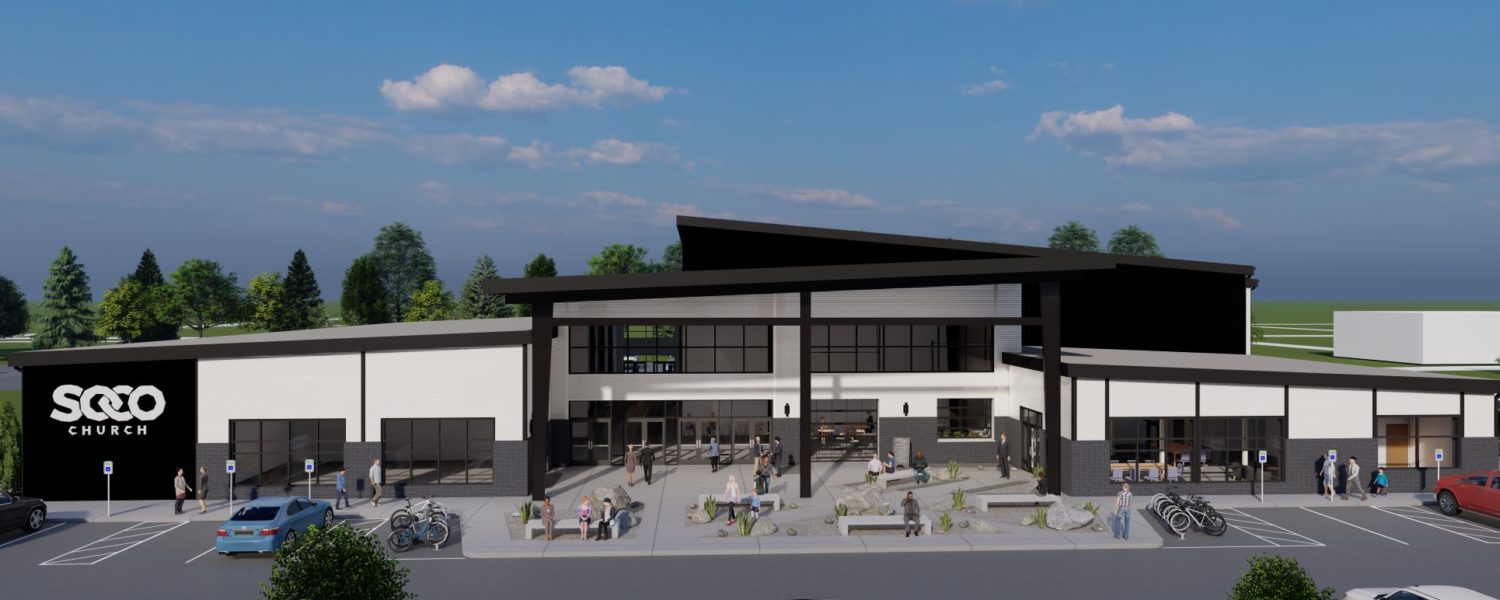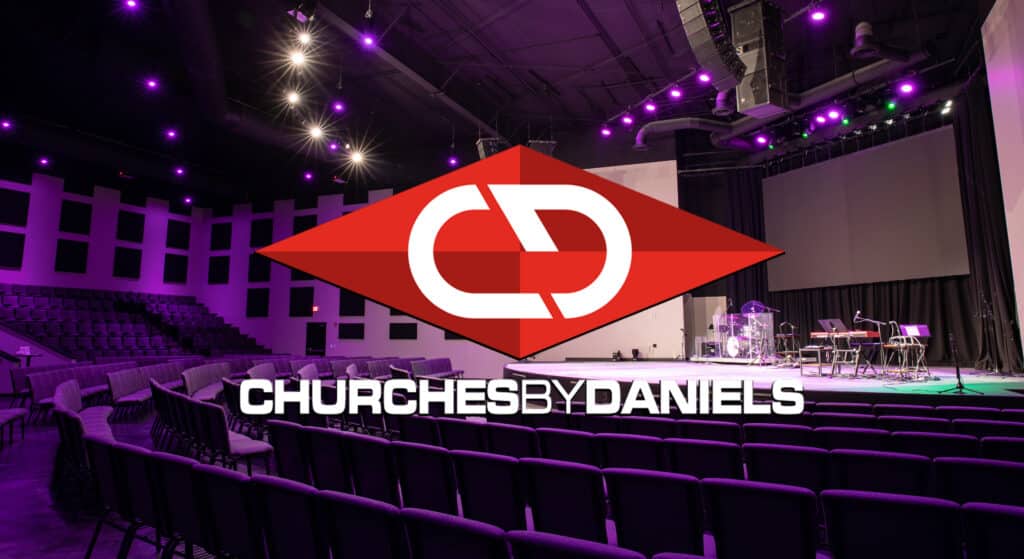By Rodney James
“We just didn’t know, but we have learned a great lesson from that experience.”
That is probably not the quote you want to make during or just after a renovation, expansion, or new construction project. Unfortunately, statements like that are heard far too often by pastors and church leaders who have walked a painful journey through some type of project.
The great news is that it does not have to be that way. The best way to avoid missteps is to be aware of those most commonly made. If you are aware of the pitfalls, you can avoid getting caught in the wake of making poor decisions without the right information.
Let’s look together at some of the best ways to avoid common mistakes.
Always Begin with a Budget!
The first miss many churches make is not accurately determining the budget for the project as the very first step. Many are excited to begin the design process, to get the floor plans, and secure the renderings so they can cast vision and begin to bring people on board with the process. Unfortunately, if the design is not driven by an accurate budget, the results can be devastating.
The first step in a project, regardless of scope or size, should be to determine how much money you have to spend. The sources of funds can be cash on hand, capital raised during a stewardship campaign, assets that will be sold, and, of course, borrowed funds.
A financial analysis should be the very first step to accurately determine which of these sources are available to your project and accurately project how much each of them will provide.
Once you have the budgetary parameters, use those parameters to guide the decision-making process as you move forward through the next phases of the project.
Due Diligence and Feasibility
Many times, this step is skipped to get more quickly into the design process. Unfortunately, when this step is missed, so too are many potential hurdles or obstacles to the project that could have significant costs attached to them. The expected outcome of any due diligence process should be to determine every single cost associated with the project outside the building or renovation itself.
For example, if you are attempting a major renovation, what items could you encounter that will have cost not necessarily associated with the planned renovations? This includes things like building or municipal code upgrades, life safety upgrades, Americans with Disabilities Act upgrades, etc. that will be required in parts of the building you may not even be renovating.
If you are doing a new build, due diligence may uncover storm water management costs, unexpected utility costs, wetlands issues, local ordinance requirements for landscaping, sidewalks, fire lanes, etc.
These items, and many others, could have significant financial impact to your project. If these are not discovered and accounted for prior to design, it is likely that there will be no budget left to handle these when they pop up during or after the permitting process.
Keep Ministry Your Focus
Far too often, ministry leaders lose focus during a building project. Building projects are exciting, motivating, and bring expectation to a church body. At the same time, these projects are demanding, challenging, and can be emotionally draining.
The tragic statistic is that 22% of pastors leave churches within 24 months of a building project. There are multiple contributing factors, but one of the main reasons is that they lose ministry focus. Staff members who allow their focus to shift from the sheep to the building project risk losing their ministry momentum or, worse, losing the ministry all together.
Hiring a partner that you can trust to lead your project is so very crucial to allowing your staff to maintain their proper focus on ministry as they walk the journey. Your partner should bring your staff comfort and peace that the project is being managed well, with input from your team as needed. This will allow your ministry leaders to remained focused on the main thing…doing what God called them to do!
Another facet of this is keeping a ministry focus even when speaking about the project. Building or renovating buildings is a means to an end, not the end itself. We build or renovate buildings to provide tools to empower ministry, vision, and purpose.
As you speak about the project, keep the focus on the “why” not the “what.” It is easy to talk about the new space, the updated finishes, or the new technology, but focus on communicating about the new ministry opportunities, the new families that will be reached, and how the building will enable you to serve the community better.
Communicate the Right Stuff at the Right Time!
As you begin to envision a construction project, it is very important to follow the Biblical pattern of sharing that vision. There are many details to be considered as you walk through the process to determine the final product that will be delivered. Be certain you have answered as many, if not all, the questions of why, what, when, how much, and how long before you share.
Nehemiah toured the walls, and God placed in his heart the vision of what was to be. He went back and shared it with the leaders and then invited all those living in Jerusalem to join the work. When the opposition came, he had led well, and the people were willing to carry their tools in one hand and a sword in the other.
Having a partner that understands ministry, works from a Biblical perspective, and can help coach and lead you through the various steps in this journey will be such a valuable asset. They should be able to help you communicate the vision at the right time, in the right way, with the right resources that allows you to lead with favor and wisdom.
There are many steps, decisions, and details in a construction project. Having an awareness of potential landmines is so helpful to avoid painful missteps.
As you consider stepping out in the journey of renovating, expanding, or building a new ministry facility, be certain that you ask the right questions when looking for a partner to walk with you.
Having the right team to lead you through the process, who are more than just designers or builders, can be the difference between losing leadership equity or advancing your vision and ministry.
Rodney James is president of Master’s Plan Church Design & Construction, a nationwide design/build firm that offers a unique trademarked process that walks clients through the entire process from vision and need to a fully completed project delivered on budget, www.mpchurchdesignbuild.com.










